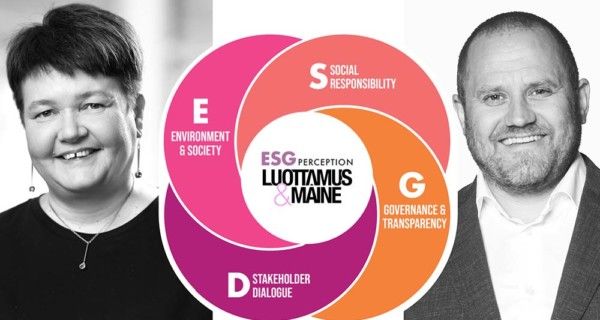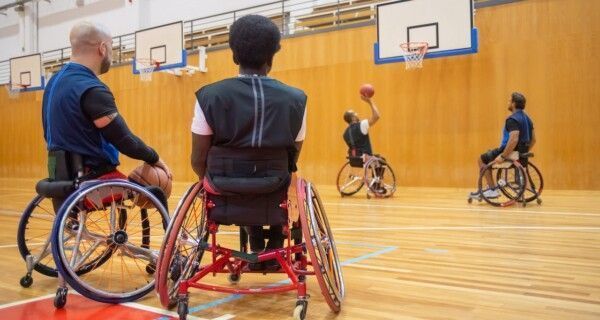TIP TO REPUTATION-BUILDING: Engage in dialogue
By Hanna-Mari Aula, DSc (Econ), Senior Advisor, T-Media
Dialogue is one of the eight factors that drive reputation and stakeholder support. The importance of listening and understanding stakeholders will be emphasized more than ever. As the contemporary society is characterized by confrontation and complexity, organizational reputations may easily diverge. Constructive dialogue between organizations and their audiences strengthens reputation and reduces reputation risk. Remember the three following features when building reputations in dialogical processes.
1
First, reputation-building is ongoing work that never comes to an end.
No such point can be achieved where your organization would have a stable and clearly understood reputation of some kind. Instead, your organization’s reputation and its different accounts evolve and develop constantly. Reputation doesn’t take holidays.
2
Second, reputation-building is multivocal and polyphonic.
We know that reputation cannot be controlled by the organization itself. Instead, reputation is formed and built in the interaction of all stakeholders, both internal and external. If the existing understandings of your organization conflict and compete, treat them as resources that help to develop the organization and to work towards its fundamental purpose.
3
Third, reputation-building is a political game characterized by power struggles.
As stakeholders in and around an organization are increasingly interested in the ways how organizations operate and act, they become closely involved in building organization’s reputation. There is a multitude of stakeholders with varying ideas and varying interests attempting to define what your organization is and what it should be. Stakeholders occupy critical positions and uneven power bases, and are involved in bargaining games to further their own interests. You’d better be part of this game.
Want to know more? Please, be in touch, hanna-mari@t-media.fi or +358 40 585 6466.


![[:fi]T-Media Oy[:]](/wp-content/uploads/2019/03/t-media_header_1_small-1200x696.jpg)


